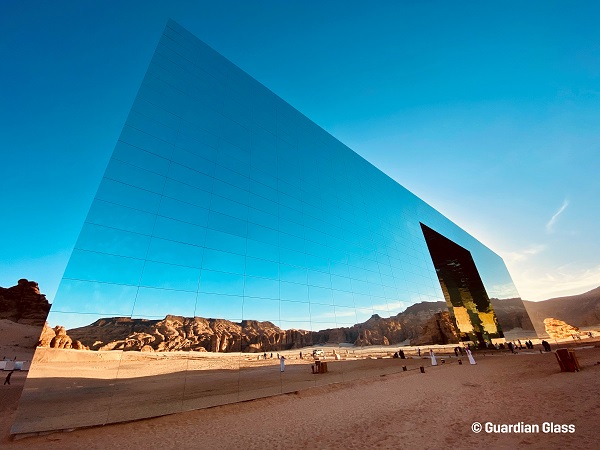Date: 15 April 2011
These developments are Saudi Arabia’s way of making a brave statement of intent - a mark of the Kingdoms strength, prosperity and confidence.
Whether renovation or new build, the demand is for luxury, high-end, modern hotel architecture; with the luxury segment still in its early life, architects are able to work from a somewhat blank canvas and create striking designs. “In the past, hotel architecture in Saudi Arabia was typically modularised and bland, and consequently, many are now looking outdated and require major upgrading and modernisation,” explained Aedas Director, Charles Collett.
Good hotel architecture facilitates the day-to-day requirements of hotel guests, and in Saudi Arabia, architects need to be aware of the country’s conservative culture. The role of the hotel must be carefully considered as with the absence of bars and clubs, hotels are an important hub for nationals and business travellers alike, and architecture needs to allow for this.
The most challenging cultural factor to incorporate into Saudi hotel architecture is segregation. According to Frantzen, “The architectural planning of a hotel in Saudi Arabia must address segregation for public areas such as restaurants and health facilities”. Logistically, this can be space consuming and as a rule requires public amenities like gymnasiums, spas and swimming pool areas to be duplicated – all issues that impact heavily on the bottom line. “Swing rooms” are often employed to overcome the segregation issue in certain parts of hotel developments. A swing room works by opening and closing an area to different sexes at set times.
SmartGlass International is the leading worldwide manufacturer of electronic switchable glass supplying to the healthcare, hospitality and commercial sectors. LC SmartGlass offers instant privacy on demand at the flick of a switch. Using a minute electrical current, users can immediately switch the LC SmartGlass from clear to private (opaque) and vice versa.
LC SmartGlass panels are bespoke manufactured using a lamination process which encapsulates a PDLC film between 2 or more glass sheets. When the electrical supply is switched on, the liquid crystal molecules align and incident light passes through and the LC SmartGlass panel instantly clears. When the power is switched off the liquid crystal molecules are randomly oriented scattering light and the LC SmartGlass becomes opaque (private). Advantages of using LC SmartGlass include instant and precise privacy control, efficient use of space in the built environment and exceptional optical qualities that reduce glare and eye strain.
LC SmartGlass offers the ideal solution to the design challenges architects face surrounding segregation. LC SmartGlass can be used as a partition screen to separate recreational areas such as restaurants and leisure facilities. LC SmartGlass combines the functionality of an opaque wall with the style and lighting of clear glass. With glass being inherently thin, designers are turning ever more toward it to save space and inject style. This use of glass ties in with the current trend of hotels pursuing clean, minimalist interior styles.
For more information on SmartGlass International visit www.smartglassinternational.com.







Add new comment